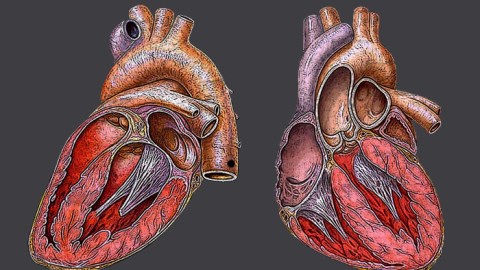Heart’s Pumping Affects Dementia

What’s the Latest Development?
Researchers at Boston University have found that the aging process is affected by how the heart pumps blood, partly determining the likelihood of developing Alzheimer’s disease. The scientists hypothesized that weaker hearts, which circulated less blood, would be associated with cognitive and neuroimaging markers of preclinical Alzheimer’s disease. “They analyzed brain MRI and cardiac MRI studies as well as the results of neuropsychological examinations for 1,114 patients—mean age 67—who didn’t have stroke or dementia.”
What’s the Big Idea?
The researchers’ ‘surprising’ findings were published in the American Journal of Cardiology. While patients with relatively weak hearts were associated with cognitive markers of preclinical Alzheimer’s disease, so were those hearts which pumped blood at relatively high rates: “‘While healthy left ventricular ejection fraction (L.V.E.F.) may be good for brain health, very high L.V.E.F.s may correspond to subtle cognitive impairment,’ they wrote, adding that the finding may also be a sign of another pathologic process such as anemia or thyroid disease.”





